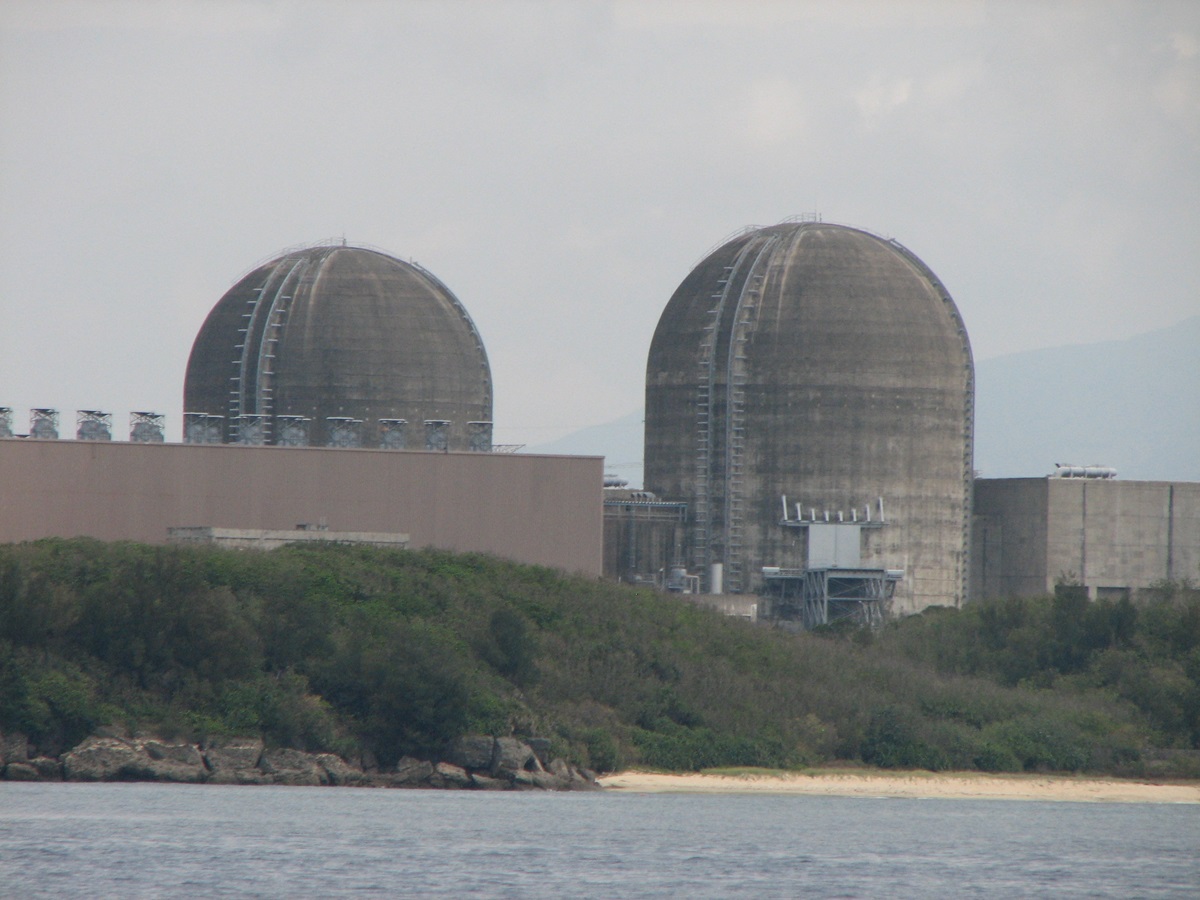Taiwan shuts down its penultimate nuclear reactor
In May 2025, Taiwan could become the first East Asian country with no nuclear energy, upholding a pledge made after Fukushima. However, tensions with Beijing have raised concerns about supplies. Opposition parties are pressing to reopen the issue. Meanwhile, the People's Republic of China has started work on two new reactors, for a total of 26 under construction.
Taipei (AsiaNews/Agencies) – Taiwan shut down permanently reactor number 1 of the Ma-anshan nuclear power plant on Saturday, the only one active, with the prospect of becoming the first non-nuclear country in East Asia in May 2025, when the licence for the other reactor expires.
The shutdown of the plant, which is located in Pingtung county, came as political parties in the capital Taipei continue to be divided over the idea of extending the life of the country's existing atomic energy reactors.
Reactor 1 in Ma-anshan came into operation on 27 July 1984 and was thus shut down after exactly forty years.
Until now, energy produced by nuclear power contributed 5 per cent of the country’s energy needs. With yesterday’s shutdown, this has fallen to 2.8 per cent.
Taiwanese authorities expect the shortfall to be met by greater output from a liquefied natural gas (LNG) plant, although critics argue that this will increase costs and carbon dioxide emissions.
The accident at the Fukushima nuclear power plant in Japan in 2011 sparked opposition to the use of this energy source in Taiwan.
But today the debate over nuclear energy is also fuelled by fears that the People's Republic of China might limit energy supplies to the island through a military blockade.
When the Democratic Progressive Party took office in 2016, then-President Tsai Ing-wen said that her goal was to make Taiwan nuclear-free by 2025, setting an energy mix of 50 per cent natural gas, 30 per cent coal and 20 per cent renewables.
The current government does not rule out increasing the share of nuclear energy, but argues that the technology must first be improved. Opposition parties, on the other hand, have always supported restarting nuclear reactors.
In recent weeks, Taiwanese lawmakers have been debating whether to reverse the government's plan to eliminate nuclear energy, but no vote has been taken.
Taiwan expects renewables to make up a quarter of its energy mix by 2030, up from about 12 per cent this year.
However, electricity consumption is expected to grow by an average of 2.8 per cent a year until 2033, driven by the artificial intelligence (AI) sector.
In the meantime, the People's Republic of China continues to press on building nuclear power plants.
Just as Taiwan shut down one reactor, construction work began on two more plants in Ningde, Fujian, and Huaneng, Shandong, both in eastern China, where the first fourth-generation nuclear power plant became operational last December.
According to the China Nuclear Energy Association, China has 55 nuclear plants in operation and 26 under construction (the highest number in the world).
10/09/2014
11/07/2016 10:38







.png)










